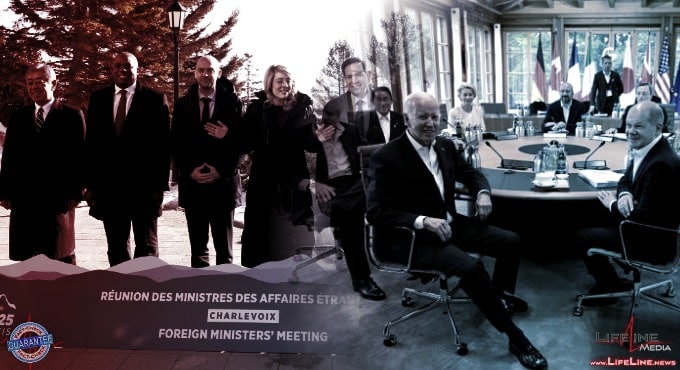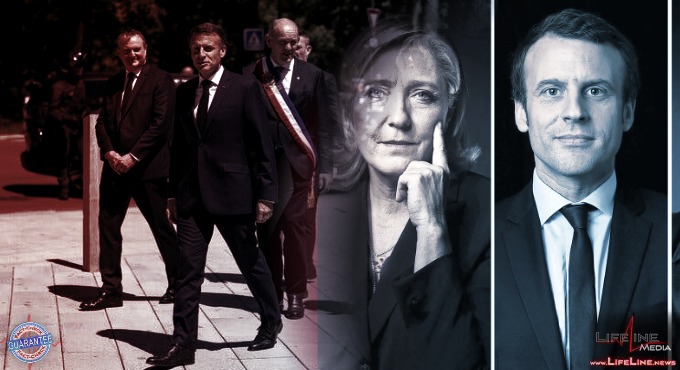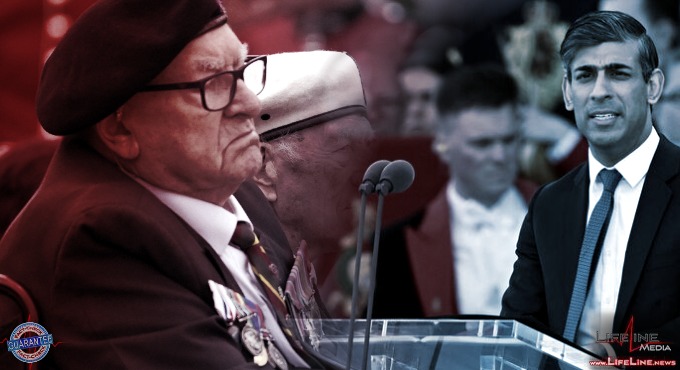
THREAD: bangladesh chaos prime minister resigns
LifeLine™ Media threads use our sophisticated algorithms to construct a thread around any topic you want, providing you with a detailed timeline, analysis, and related articles.


BIDEN ADMINISTRATION Slams Bangladesh Ban, Sparks Outrage Over Double Standards
— The Biden administration blasted Bangladesh’s interim government for banning the Awami League, a major opposition party. The U.S. State Department said this move “undermines democratic processes.” Officials warned that blocking political parties puts Bangladesh’s freedoms at risk.
Secretary of State Antony Blinken called on Bangladesh to respect democracy and allow open political activity. The White House spoke out as the country ramps up crackdowns on opposition voices.
This event shines a light on growing global worries about attacks on civil liberties. Many see it as another example of leaders targeting their critics to stay in power.
While Biden claims to defend democracy overseas, critics point out his own shaky record at home — raising questions about whether these warnings are honest or just more empty talk.;

BANGLADESH In TURMOIL: New Party Ignites Youth Revolution
— Mass protests have erupted in Bangladesh as students, who led last summer’s uprising against former Prime Minister Sheikh Hasina, announced a new political party. The National Citizen Party aims to create new political space in a landscape dominated by dynastic politics. Activists demand reforms and accountability amid ongoing tensions and economic challenges.
The protests have led to a significant police presence, with reports of violent clashes between demonstrators and law enforcement. Authorities are responding strongly, making numerous arrests connected to the unrest. This fluid situation could impact upcoming elections and the broader political climate in Bangladesh.
Bangladesh’s political scene has been unstable, marked by protests and calls for change against Sheikh Hasina’s administration over governance issues. The formation of the National Citizen Party is seen as a challenge to the existing order.
Ongoing protests may lead to further governmental crackdowns, escalating tensions within the country. This development could alter Bangladesh’s political trajectory as young leaders seek change, highlighting rising youth activism with potential for significant shifts in current dynamics.

BANGLADESH TURMOIL: Prime Minister’s Shocking Exit Sparks Chaos
— Bangladesh’s Prime Minister Sheikh Hasina has resigned and fled the country, causing a major political upheaval. Her resignation follows weeks of violent protests over her government’s handling of economic and human rights issues.
The situation in Bangladesh is tense, with security forces on high alert to prevent more violence. Opposition groups are mobilizing, raising concerns about potential power vacuums and increased instability in the region.
Reactions to Hasina’s resignation are mixed. Some see it as a step toward peace, while others worry about what it means for Bangladesh’s future governance and stability.
This unexpected development marks a significant political shift in Bangladesh, leaving many questions unanswered about what comes next for the nation.

BANGLADESH CHAOS: Prime Minister Resigns Amid Intense Protests
— Bangladesh’s Prime Minister Sheikh Hasina has resigned and fled the country amid violent protests. Demonstrators stormed her official residence, challenging her 15-year rule. Her departure adds to the nation’s instability, already plagued by high unemployment and corruption.
Security forces have increased their presence across Dhaka, where the main airport suspended operations for safety reasons. Reports suggest Hasina escaped in a military helicopter with her sister as chaos escalated.
Military chief Gen. Waker-uz-Zaman promises to restore order and is negotiating with opposition leaders to form an interim government. This move could significantly change Bangladesh’s political landscape.
While some celebrated in the streets, others turned violent, attacking government buildings and setting fires. The unrest highlights widespread dissatisfaction and may indicate a shift in regional power dynamics.

COLUMBIA UNIVERSITY President Quits Amid Campus Chaos
— Columbia University President Minouche Shafik resigned Wednesday after a brief, tumultuous tenure. Her resignation follows heavy scrutiny over her handling of protests and campus divisions related to the Israel-Hamas war. The Ivy League school faced intense student demonstrations, leading to police intervention and clashes.
The announcement comes days after three Columbia University Deans resigned for exchanging disparaging texts about Jewish life and antisemitism. Shafik was criticized by Republicans in Congress for not adequately addressing antisemitism concerns on campus. She began her role in July last year but announced her resignation just weeks before the new semester starts on Sept. 3.
In an emailed letter, Shafik mentioned progress in important areas but admitted it was difficult to overcome divergent views within the community. She cited the toll on her family as a reason for stepping down, believing it would help Columbia navigate future challenges better. The university has started restricting campus access to curb potential disruptions as classes resume soon.

BANGLADESH CHAOS: Prime Minister Flees Amid Violent Protests
— Bangladesh’s Prime Minister Sheikh Hasina resigned and fled the country Monday after weeks of protests turned violent. Thousands of demonstrators stormed her official residence, challenging her 15-year rule.
Her departure has sparked further instability in the nation already grappling with high unemployment and corruption. Dhaka’s main airport suspended operations amid security concerns as Hasina was seen boarding a military helicopter with her sister.
The military chief, Gen. Waker-uz-Zaman, promised to restore order and discussed forming an interim government with opposition leaders. Celebrations erupted in the streets, but some protesters attacked government buildings, setting fires and ransacking properties.

— Keir Starmer Declares End of Rwanda Scheme: Promises Action Over Words Prime Minister Starmer asserts the termination of the Rwanda program during inaugural press briefing, emphasizing accountability through deeds, not rhetoric
— **Israeli War Cabinet Member Threatens Resignation Over Gaza War Strategy Deadline** A centrist member of Israel’s War Cabinet warns of resignation within three weeks if new Gaza war plan is not adopted

— SNP Leadership Succession: Tories Suggest Uncontested ‘Crowning’ of Next Leader as Humza Yousaf Resigns Scottish Conservatives allege the possibility of the next SNP leader being ‘crowned’ without a contest following Humza Yousaf’s resignation, with John Sw

— TRAGEDY IN CHANNEL HIGHLIGHTS URGENCY OF RWANDA PLAN, SAYS UK PM UK Prime Minister emphasizes the necessity of the Rwanda scheme following the deaths of five individuals, including a child, during an English Channel crossing attempt

— Rishi Sunak Faces Mounting Pressure Amid Speculation of Replacement Speculation mounts in Westminster over Rishi Sunak potentially being replaced by Penny Mordaunt after upcoming local elections

Theresa May’s SHOCKING Exit: Former British PM Bids Farewell to Parliament
— Former British Prime Minister Theresa May has announced her plans to resign as a Member of Parliament. This surprising revelation precedes an anticipated election later this year, signifying the conclusion of her 27-year long parliamentary journey.
May, who navigated Britain through the turbulent Brexit era, pointed out her escalating involvement in combating human trafficking and modern slavery as reasons for stepping down. She voiced apprehensions about not being able to cater to her Maidenhead constituents in the quality they deserve.
Her tenure was characterized by Brexit-induced hurdles and tense relations with then-U.S. President Donald Trump. Despite these obstacles, she continued serving as a backbench legislator after her premiership while three Conservative successors dealt with the repercussions of Brexit.
Renowned for sporadically critiquing her more populist successors like Boris Johnson, May’s exit will undeniably create a gap in both the Conservative party and British politics.








Social Chatter
What the World is Saying